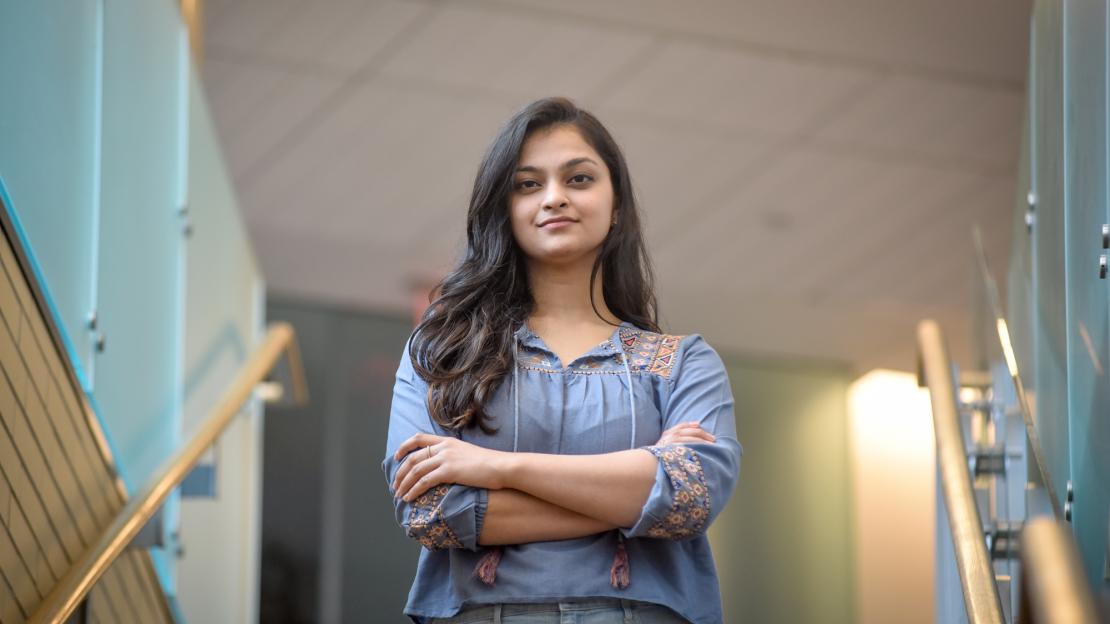Priyanka Challa pursues research because she had always been a “why” type of person. For about three years, that curiosity has lead her to her research on the effects of tropical diseases and potential treatments.
Since her second year, Challa has been conducting research on leishmaniasis, a neglected tropical disease, at Public Health Ontario. She took her research to the International Meeting of Emerging Diseases in Vienna, Austria, last November.
“I was also there to learn from clinicians, scientists and other students covering a lot of emerging diseases and research and learn more about the research advances taking place in infectious disease,” says Challa, a fifth-year neuroscience and psychology student.
Transmitted from an infected female sandfly bite, travelers who visit rural forested areas, the jungle or even the desert, are at higher risk of being infected. Bites can develop into anything from an ulcerative skin lesion to a destructive mucosal inflammation.
If not treated, it can affect internal organs.
Challa explains that leishmania is species-specific, and patient immunity, as well as the geographic location the person was in all have an influence over how the disease progresses. For example, mucosal inflammation is often a complication of an infection with Leishmania (Viannia) braziliensis.
Challa studies which bacterial pathogens inhabit the ulcers and hinder treatment.
“Identifying bacterial pathogens in ulcers will help us enhance antimicrobial stewardship and evidence-based management strategies.”
The available treatment options for leishmaniasis, which is given intravenously, is particularly hard because of factors such as unfavourable side effects and cost.
Affecting about one billion people globally, “Neglected tropical diseases are prevalent in mostly poor populations living in tropical and subtropical climates. Most countries that report high presence of neglected tropical diseases have low-income or middle-income economies,” she explains.
This is the second trip Challa has been able to go on because of the Travel Fund. On her first trip, she presented at the International Congress of Infectious Diseases (ICID) in Buenos Aires, Argentina, last March.
Challa calls resources such as the fund freeing.
“As an undergraduate student, you have so many student loans and so much debt, you can’t really pay for these trips out of your own pocket,” Challa says. “The Travel Fund really helps, because now you have the opportunity to do what you love, but can also do it without any constraints.”
The Academic Travel Fund supports students’ non-credit academic travel expenses that contribute to their research and academic pursuits.
